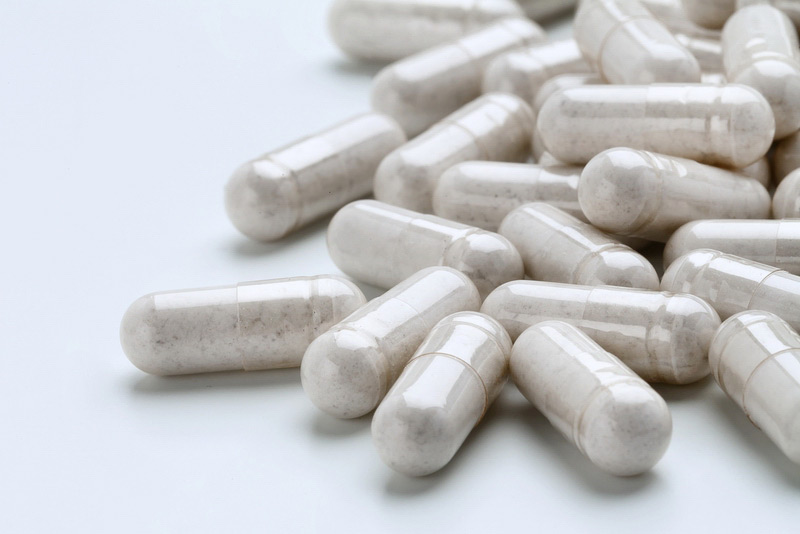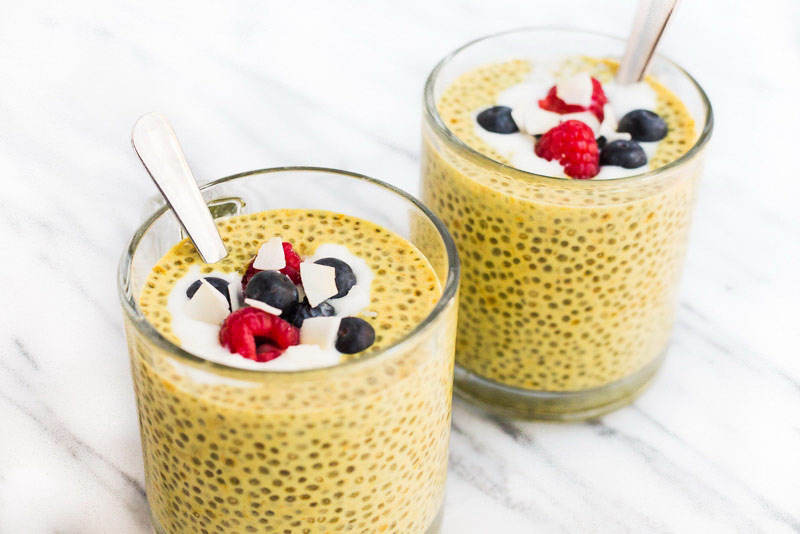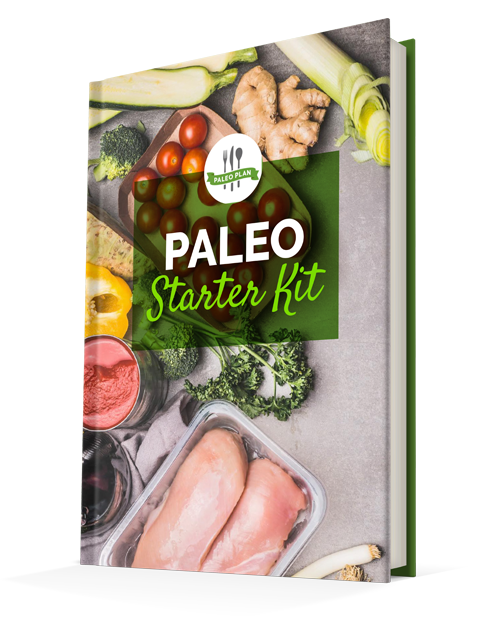
It’s not all in your head – nervous thoughts, stress, and anxiety can influence how the gut works, and vice versa.
Have you ever had butterflies in your stomach from nerves about a big presentation or performance? This is just one example of the gut-brain connection.
The gut and the brain regulate the entire nervous system. While we think of the brain as the control center, the microbiome, or “gut”, is the body’s second brain.
It’s no surprise, then, that optimal brain health stems from a healthy gut. Read on for a breakdown of the gut-brain connection, and how you can protect your brain by healing your gut.
How Are the Gut and Brain Connected?
The brain heads the body’s nervous system, which controls things like voluntary and involuntary movements, neurotransmitter production, and sensory processing.
The central nervous system (CNS) includes the brain and the spinal cord, which contains more than 100 billion neurons. (1) The peripheral nervous system (PNS) uses the rest of the body to send messages to the brain for decoding and response. (2)
We can control several parts of our nervous system, but a majority of the nervous system is involuntary, and it functions without us knowing. This includes neurotransmitter production and stress regulation through the sympathetic nervous system, called the “fight or flight” response.
And while the brain plays an important role in regulating the nervous system, there’s also an entire wing of this system that lives in the gut, known as the enteric nervous system. (3)
The fight or flight response may get more attention, but the enteric nervous system is home to more than 500 million neurons that constantly send messages to the brain. (4)
The vagus nerve is the two-way street that sends messages from the brain to the gut and the gut to the brain. This nerve is at the root of stress-induced gut symptoms or gut-induced brain disorders. (5)
In fact, research pinpoints the vagus nerve as the troublemaker in inflammatory conditions involving the gut or the brain, like Crohn’s disease. (6)
Brain Disorders: Is It All in the Gut?
Common brain imbalances can result in anxiety and depression, but these are not solely mental health issues. In fact, they’re rooted in inflammation and gut imbalances like many other diseases such as epilepsy and autism. (7)
The brain relies on neurotransmitters – chemical messengers that help to regulate feelings and emotions. Neurotransmitter imbalances can lead to anxiety and depression, as well as to gut-based health conditions like Crohn’s disease and other gastrointestinal symptoms. (8)
The gut produces certain neurotransmitters, like serotonin, which encourage happiness and balance in the brain. (9, 10) The gut also makes GABA, another neurotransmitter, that regulates feelings like anxiety and fear. (11)
But the gut isn’t limited to making neurotransmitters. It also produces other brain-influencing chemicals, like short-chain fatty acids, which are vital for a healthy blood brain barrier. (12, 13, 14)
When the blood brain barrier (BBB) is compromised, the brain runs the risk of developing certain diseases and disorders, like dementia, multiple sclerosis, and autism. (15, 16, 17)
Brain Disorders and Inflammation
In this whole gut-brain connection, we can’t forget about the immune system and the body’s inflammatory response. Typically, an over-responsive immune system stems from a compromised microbiome and gut wall integrity, otherwise known as leaky gut. (18)
It’s not just intestinal disorders that result when the immune system responds to compromised gut health. The brain is one of the central targets for complications, since this type of inflammation is a major trigger for brain-centric diseases like depression and Alzheimer’s. (19)
How to Heal Your Gut and Protect Your Brain
Even if you’ve spent years wrecking your gut, proper gut function can be restored and inflammation can be reversed. You’ll focus on restoring protective bacteria to the gut and healing the gut’s barrier function. (20) Certain nutrients and foods are vital in this process.
1. Probiotics

While not all strains of probiotics will heal the brain, a specific class called psychobiotics may help. (21)
Lactobacillus casei is one of the more well-studied strains that can reduce stress-related symptoms and improve gut-brain function in both humans and animal models. (22) Other strains that are helpful in addressing depression and brain inflammation include Bifidobacterium bifidum and L. acidophilus. (23)
Still, it’s important to heal leaky gut before supplementing with any probiotics, because certain types can be perceived by the gut as more harmful bacteria. (24)
2. Prebiotics
Taking probiotics can help, but those good bacteria need help to proliferate once they reach the gut. Prebiotics are fibers that the good bacteria in the gut feed on, and these can help to cultivate a gut environment that supports a healthy brain.
Galacto-oligosaccharides (GOS) are a certain type of prebiotic fiber that can help to decrease stress and inflammation levels in the body and brain. (25) They are naturally found in foods like peas (yes, they’re Paleo!), or they can be found in supplement form.
3. Omega-3 Fatty Acids

Omega-3 fats are anti-inflammatory and protect brain health by boosting good bacteria in the gut, reducing inflammation at the root cause. (26) Omega-3s can help treat depression, and can also protect against dementia. (27, 28) They’re also potentially helpful in addressing complications of autism disorder, although more research is needed. (29)
Omega-3 fatty acids can be found in abundance in foods like salmon, mackerel, sardines, and anchovies, as well as walnuts and chia seeds. They can also be taken as supplements, but check that the product is fresh and free from mercury contamination.
Bottom Line
The brain and the gut are so closely connected that one can’t go about its business without affecting the other. It’s essential to heal one to improve symptoms in the other.
With a healing dietary protocol that addresses leaky gut, reverses inflammation, and supports brain health, you’ll be well on your way to a healthy gut-brain connection.
Read This Next: The Stress-Aging Connection – and How to Handle It
